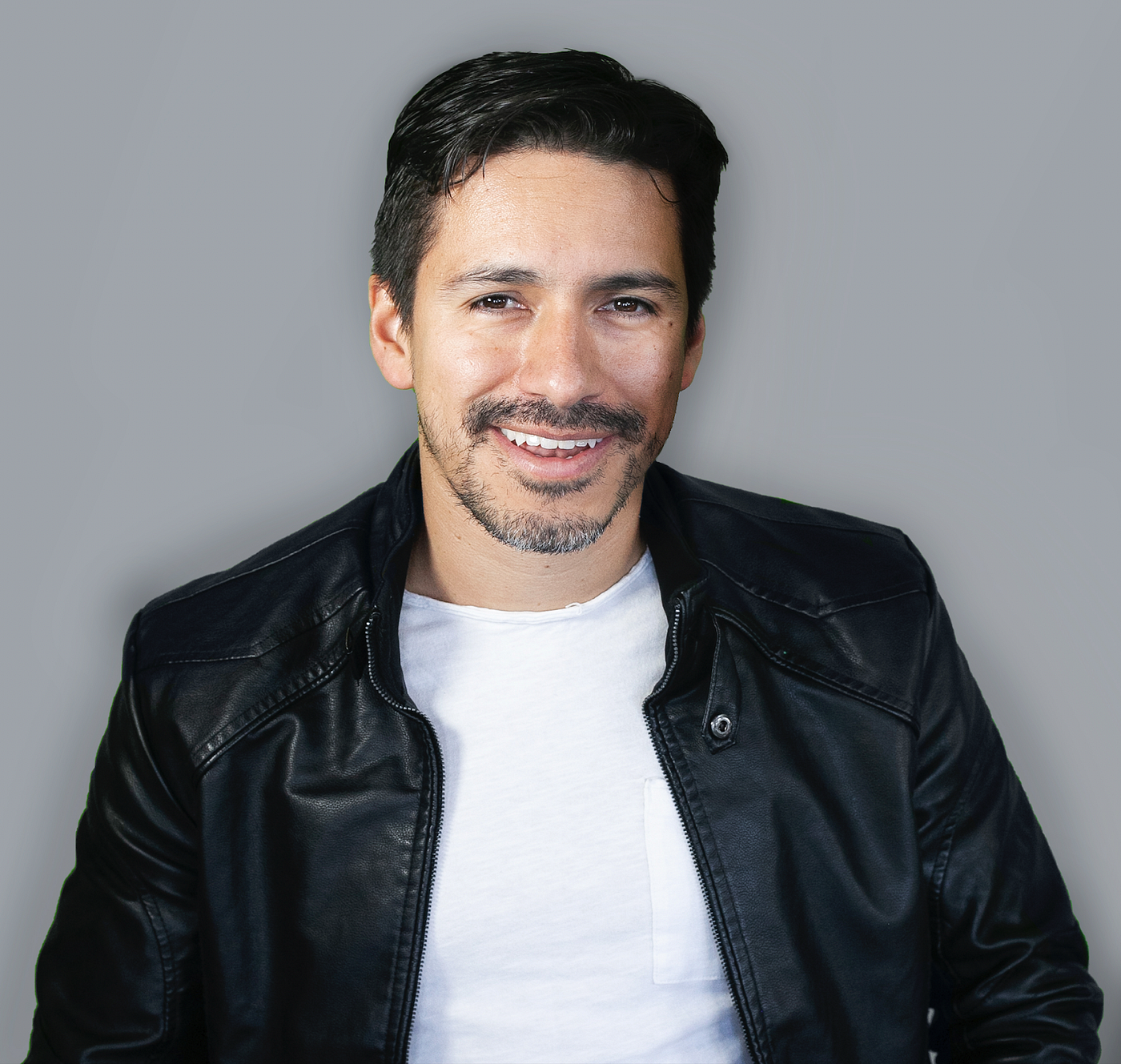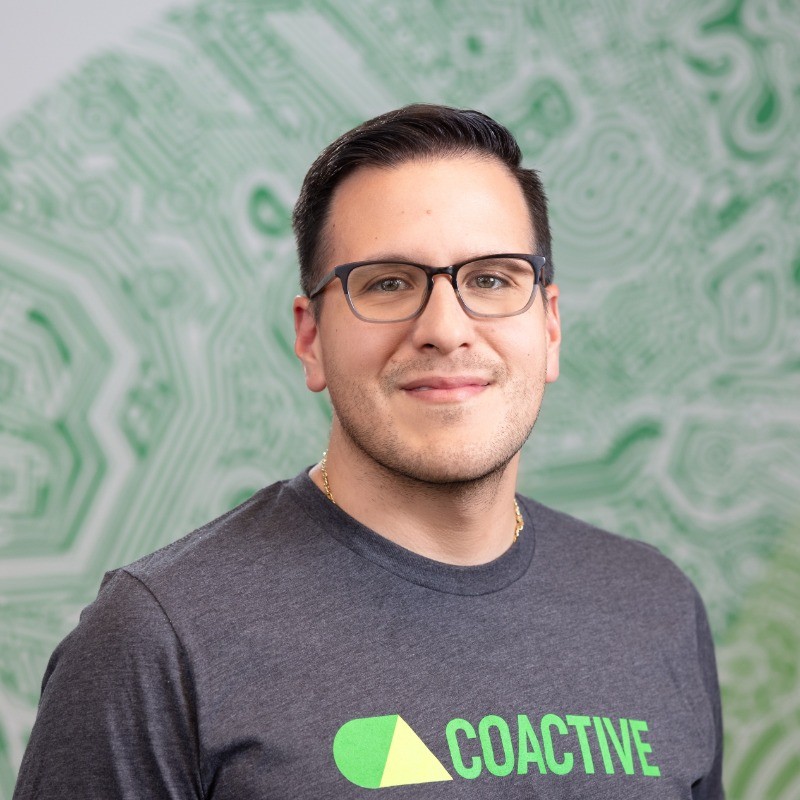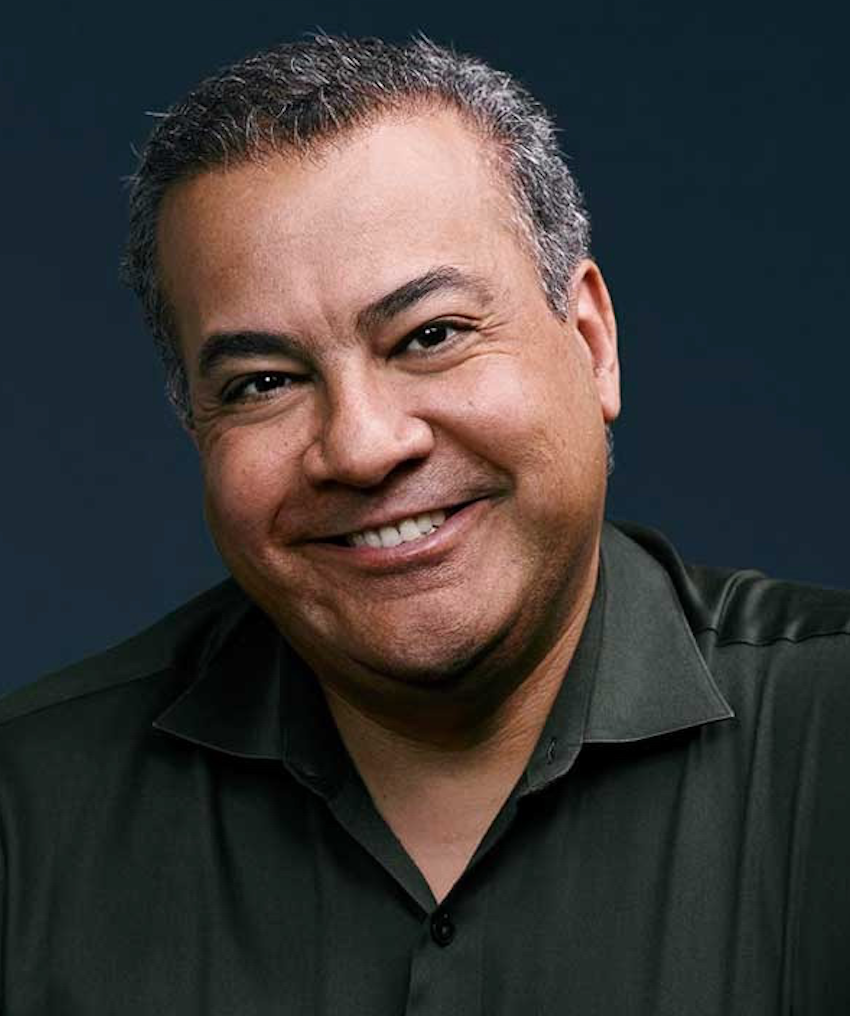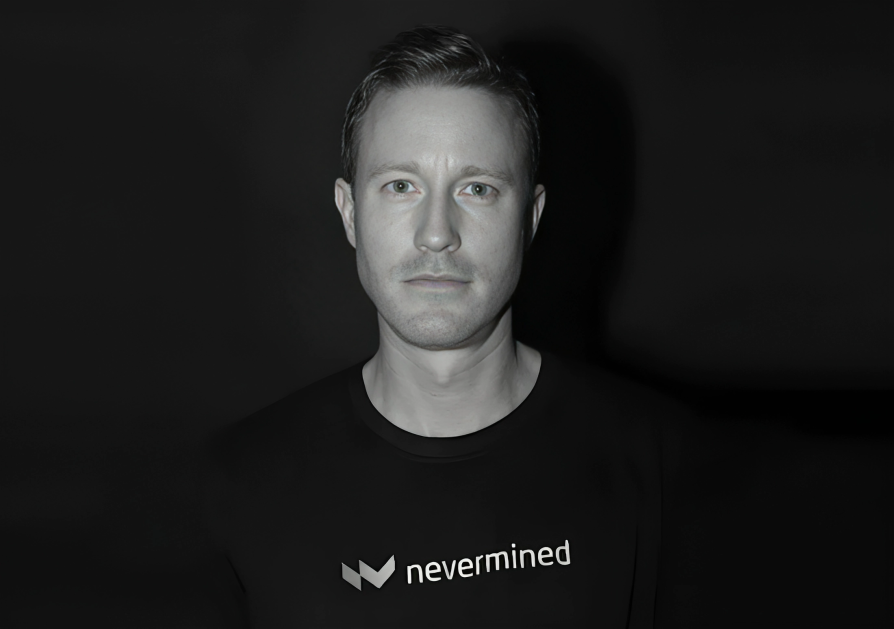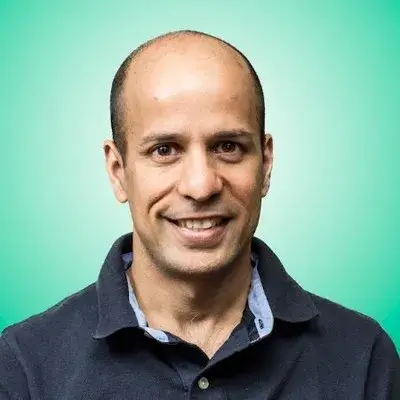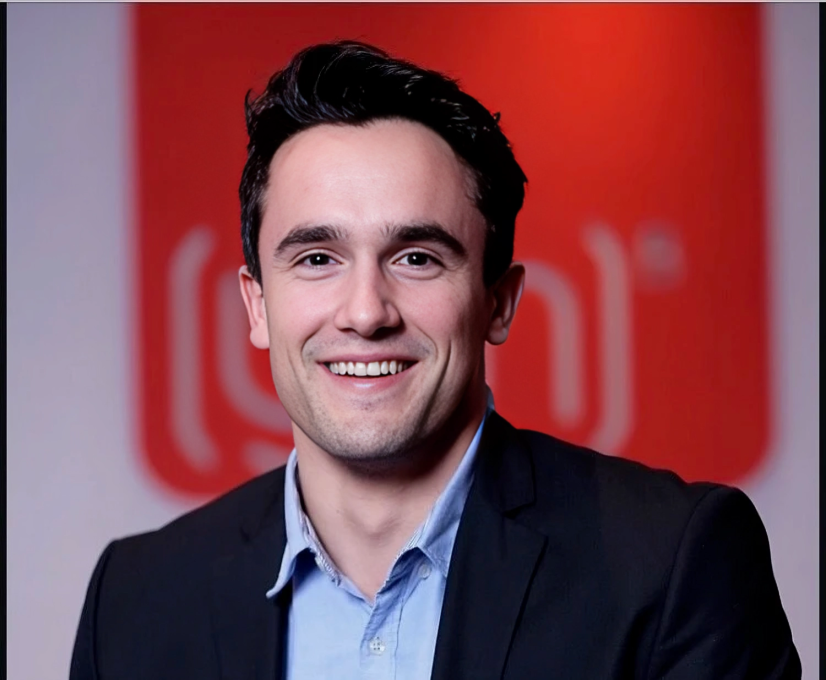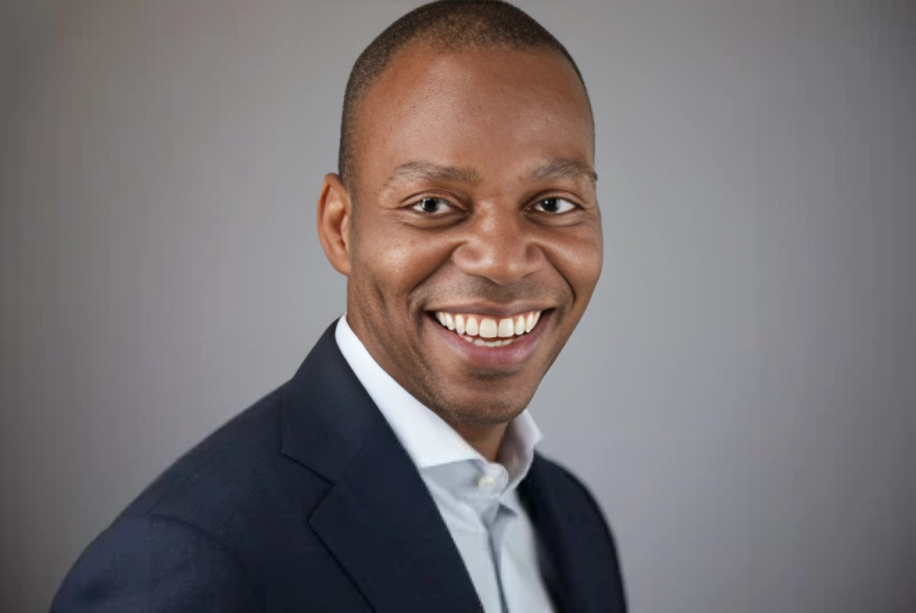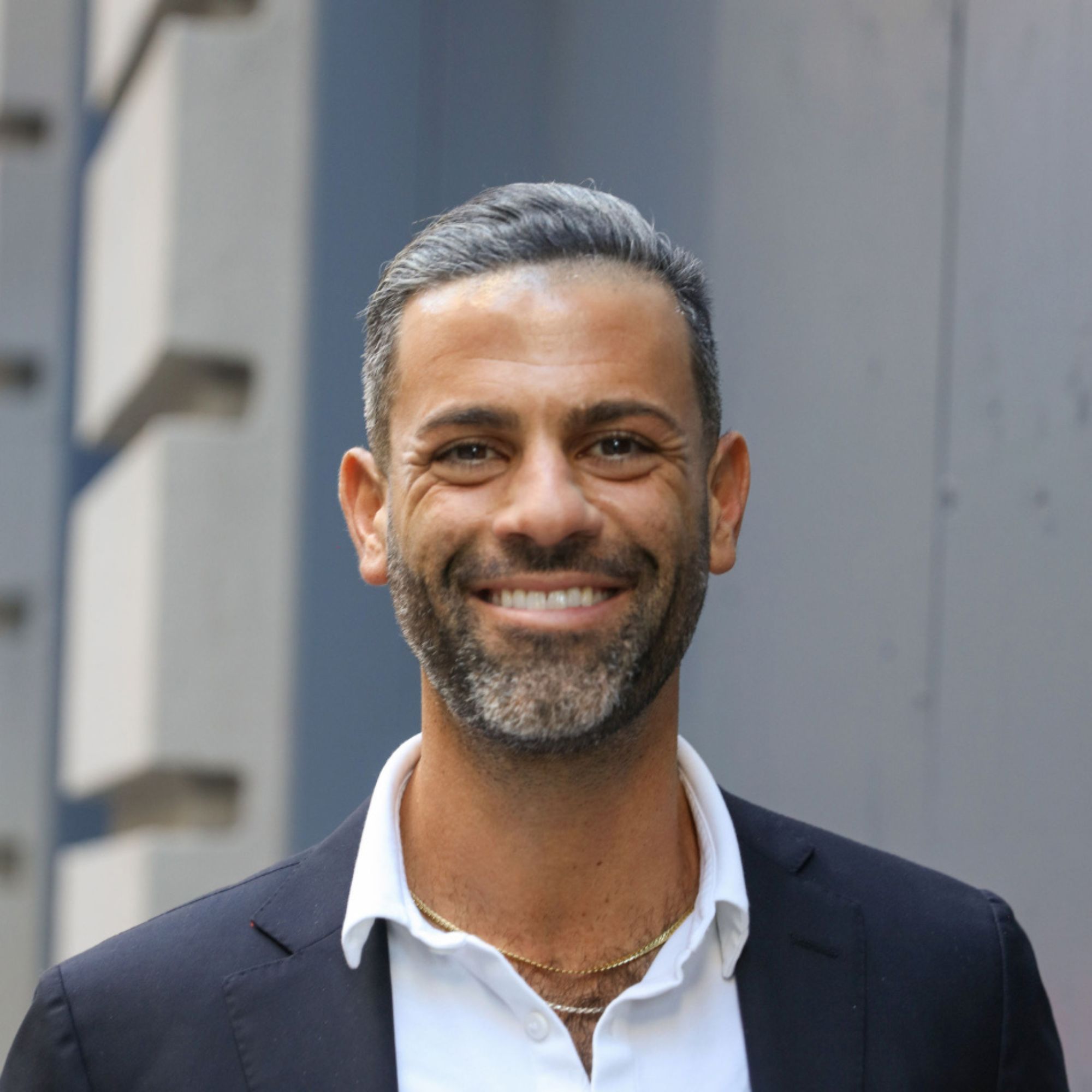Ready to build your own Founder-Led Growth engine? Book a Strategy Call

Frontlines.io | Where B2B Founders Talk GTM.
Strategic Communications Advisory For Visionary Founders
Actionable
Takeaways
Recognize when to stop competing and start collaborating:
Vahan's most important go-to-market decision was shifting from competing with service providers to creating an infrastructure that enables collaboration. "That's one of the mindset shifts... we are trying to build an ecosystem with our partners, not really trying to compete with them," he explains. B2B founders should consider whether creating an ecosystem platform might be more valuable than directly competing in fragmented service markets.
Solution engineers are crucial for enterprise AI sales:
Vahan emphasized that "solution engineering is super important because as you're touching enterprise AI, your solution engineers are more or less the core part of your team." Without proper technical enablement, enterprise customers won't be able to implement complex AI solutions. B2B founders selling sophisticated technology should invest heavily in solution engineering capabilities.
Build for adaptability in rapidly evolving markets:
SuperAnnotate achieved 3x growth by making their platform "fully customizable to any use case." Vahan noted, "If tomorrow there will be a new agentic workflow, then we'll be able to support it." Rather than offering point solutions, B2B founders in emerging technology spaces should build adaptable platforms that can evolve with changing market needs.
Passive fundraising often yields better results than active campaigns:
Vahan shared a counterintuitive fundraising insight: "Whenever I was actively fundraising, I was doing something wrong." His most successful raises came from casual coffees with investors who approached him, not from pitching dozens of VCs. B2B founders might benefit from focusing on building relationships and demonstrating value rather than running intensive fundraising campaigns.
Enterprise AI is a long-term bet:
Looking 3-5 years ahead, Vahan sees enterprise AI as the major opportunity. "Companies have datasets sitting in silos, but that dataset is gold," he explains. The ability to "transform that dataset to training data in a fast and accurate manner will define your moat moving forward." B2B founders should consider how their solutions can help enterprises unlock value from proprietary data.
Conversation
Highlights
SuperAnnotate’s Journey: Building the Infrastructure for Enterprise AI Training Data
In our recent episode of Category Visionaries, Vahan Petrosyan, Co-Founder and CEO of SuperAnnotate, shared how his company has raised $53 million to revolutionize AI training data infrastructure. What began as an algorithm presented at an academic conference has evolved into a comprehensive platform that helps enterprises manage their most valuable asset in the AI era: proprietary data.
From PhD Paper to Startup Opportunity
Petrosyan’s entrepreneurial journey didn’t follow a traditional path. As a PhD student in 2018, he presented a paper at a major computer vision conference, showcasing an algorithm he had developed. The response was immediate.
“During that conference… I also kind of built a simple prototype on top of my paper. And there were a lot of companies that were sponsoring that event and they were data labeling companies,” Vahan explains. “I kind of showed my algorithm and then there was catching a lot of the company’s attention, what I have built in, how fast it was working and how accurate it was working.”
Several companies offered to buy his algorithm outright. Instead of selling, Vahan saw a bigger opportunity.
“That was kind of the initial moment, aha moment I would say, oh, maybe we shouldn’t really kind of sell anything and we should do a business. So I called my brother. We get aligned. Next month, we dropped out from our PhD programs and started the business together.”
Early Market Validation
After founding SuperAnnotate, Vahan and his brother moved to the United States in January 2019 to join an accelerator program in Berkeley. Though they initially approached business from an academic mindset, the program pushed them toward making sales.
A pivotal moment came when they secured their first major contract with an autonomous driving company—a sector that was booming at the time.
“We got one introduction to an autonomous driving company. And autonomous driving was booming at the time. And my algorithm was really perfectly fitting for autonomous driving,” Vahan recalls. “We get one huge contract for someone that is still going through an accelerator. That was kind of the big thing at that time to push this forward.”
The Strategic Pivot
As SuperAnnotate grew, Vahan recognized a fundamental inefficiency in the market. Some companies only provided software tools for data labeling, while others only offered services. Enterprise customers were struggling to work effectively with multiple providers and their internal teams.
This insight led to SuperAnnotate’s most significant strategic shift. Instead of competing directly with service providers, they would build an infrastructure platform that enabled collaboration.
“What we are realizing over the last six, seven months is that we really build state of the art infrastructure for training data. But we are also realizing that the service market is very fragmented,” Vahan explains. “We created this differentiated model where they’re buying one platform, but that enables them to work with all best in class service companies all in one place.”
This wasn’t an easy transition. It meant moving away from reliable revenue streams and partnering with former competitors. As Vahan puts it, “That’s one of the kind of mindset shift is an important learning that we’re still kind of 80, 90% there, that we are kind of trying to build an ecosystem with our partners, not really trying competing with them.”
Building for Enterprise AI Success
SuperAnnotate’s go-to-market approach evolved significantly from their early days. Today, their team includes six people on the sales side and around 20 handling customer relationships, with a particular focus on solution engineering.
“Solution engineering is super important because as you’re touching enterprise AI, your solution engineers are more or less the core part of your team,” Vahan emphasizes. “If they’re not really enabling properly the enterprise customers, there is no way you’re going to do proper go to market.”
The company positioned themselves as building what Vahan describes as “some type of database for training data,” comparing it to “databricks, but very specialized niche for training data.” This focus on creating infrastructure rather than just services transformed their business model.
“We are really trying to create an infrastructure that can have a very 120 plus percent net dollar retention,” Vahan explains. “But oftentimes data labeling can be seen more lumpy business. It can kind of grow up and down. It’s more like a project based business. But if you’re trying to kind of consolidate all the work in one place, then this is becoming more sticky.”
Adapting to the Generative AI Wave
When ChatGPT emerged, SuperAnnotate was quick to recognize that different generative AI use cases had unique requirements. This insight drove them to build maximum flexibility into their platform.
“When we see that the gen was coming, we realized that different gen AI use cases are very different from each other,” Vahan shares. “Part of the learnings that we have is that we build the platform in a way that it’s fully customizable to any use case that you want.”
This adaptability directly contributed to SuperAnnotate’s impressive growth. “As we kind of did this shift earlier when ChatGPT came out, we started seeing significant growth in our sales pipeline and growth rates,” Vahan notes. The company achieved 3X growth last year, positioning them well for the accelerating adoption of AI.
Fundraising Lessons
Despite raising $53 million, Vahan offers a counterintuitive perspective on fundraising: “Whenever I was actively fundraising, I was doing something wrong.”
His most successful raises came from passive interactions—casual coffees with investors who sought him out, rather than formal pitching sessions. “The times that I successfully fundraised, it was passive times when an investor found me, just asked for a coffee and then I went for a coffee without really in mind to fundraise,” he explains.
The Vision: Enterprise AI Infrastructure
Looking ahead three to five years, Vahan sees enterprise AI as the major opportunity. While frontier labs and foundational model companies capture headlines today, he believes the real growth will come from enterprises unlocking value from their proprietary data.
“Companies have the data sets that is really sitting in silo, but that dataset is a gold,” Vahan emphasizes. “The way you will be able to kind of transform that data set to a training data fast and accurate manner, this will define your mode moving forward.”
SuperAnnotate is positioning itself as the infrastructure layer that enables this transformation, helping enterprises create “mode data sets” that give them competitive advantages in AI capabilities.
By focusing on the enterprise AI opportunity and creating a platform that enables collaboration rather than competition, SuperAnnotate has carved out a unique position in the AI ecosystem—one that could make them a central player as enterprise AI adoption accelerates in the coming years.








